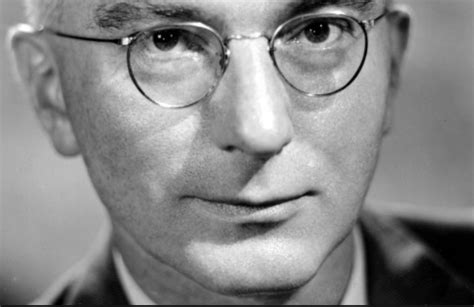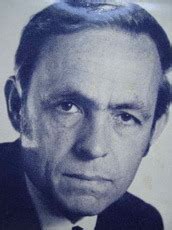A Quote by Ralph Waldo Emerson
If the whole of history is in one man, it is all to be explained from individual experience.
Quote Topics
Related Quotes
No individual and no generation has had enough personal experience to ignore the vast experience of the human race that is called history. Yet most of our schools and colleges today pay little attention to history. And many of our current policies repeat mistakes that were made, time and again, in the past with disastrous results.
The 'coming of the Self' is immanent; and the process of collective 'individuation' is living itself out in human history. One way or another, the world is going to be made a single whole entity. But it will be unified either in mutual mass destruction or by means of mutual human consciousness. If a sufficient number of individuals can have the experience of the coming of the Self as an individual, inner experience, we may just possibly be spared the worst features of its external manifestation.
If one looks with a cold eye at the mess man has made of his history, it is difficult to avoid the conclusion that he has been afflicted by some built-in mental disorder which drives him towards self-destruction. Murder within the species on an individual or collective scale is a phenomenon unknown in the whole animal kingdom, except for man, and a few varieties of ants and rats.
Many philosophers say it's impossible to explain our conscious experience in scientific, biological terms at all. But that's not exactly true. Scientists have explained why we have certain experiences and not others. It's just that they haven't explained the special features of consciousness that philosophers care about.
[talking about the Holocaust] 'But to put something in context is a step towards saying it can be understood and that it can be explained. And if it can be explained that it can be explained away.' 'But this is History. Distance yourselves. Our perspective on the past alters. Looking back, immediately in front of us is dead ground. We don't see it, and because we don't see it this means that there is no period so remote as the recent past. And one of the historian's jobs is to anticipate what our perspective of that period will be... even on the Holocaust.









































